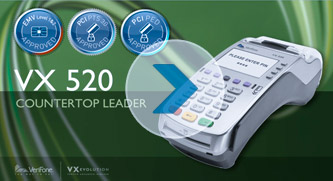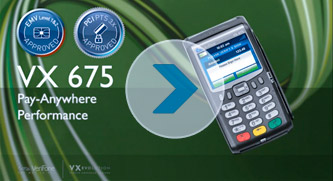POS Terminal
The point of sale (POS) is the time and place where a retail transaction is completed. It is the point at which a customer makes a payment to the merchant in exchange for goods or after provision of a service. At the point of sale, the merchant would prepare an invoice for the customer (which may be a cash register printout) or otherwise calculate the amount owed by the customer and provide options for the customer to make payment. After receiving payment, the merchant will also normally issue a receipt for the transaction. Usually the receipt is printed, but it is increasingly being dispensed electronically .
The point of sale is often referred to as the point of service because it is not just a point of sale but also a point of return or customer order. Additionally, today POS software may include additional features to cater for different functionality, such as inventory management, CRM, financials, warehousing, etc
A point-of-sale (POS) terminal is a computerized replacement for a cash register. Much more complex than the cash registers of even just a few years ago, the POS system can include the ability to record and track customer orders, process credit and debit cards, connect to other systems in a network, and manage inventory. Generally, a POS terminal has as its core a personal computer, which is provided with application-specific programs and I/O devices for the particular environment in which it will serve. A POS system for a restaurant, for example, is likely to have all menu items stored in a database that can be queried for information in a number of ways. POS terminals are used in most industries that have a point of sale such as a service desk, including restaurants, lodging, entertainment, and museums.


